The protective effect of time outdoors against myopia
There are now a number of studies supporting the protective role of time outdoors against myopia. 1 Randomized controlled trials conducted in China and Taiwan have found that increasing the amount of time children spend outdoors reduces the incidence rate of myopia. 2,3 According to a meta-analysis, one additional hour of time outdoors each week reduces the risk of developing myopia by 2%. 4
For children who already have myopia, increasing time outdoors may slow myopia progression, but the findings are mixed. The evidence that increased time outdoors prevents myopia development is stronger than the findings demonstrating that it slows myopia progression. 1 Increasing the amount of time children spend outdoors would be an easy intervention to reduce the risk of myopia development and progression. 4 While the results from several studies are statistically significant, more research is needed to understand if the effect of increasing time outdoors is clinically significant. 5
There are a variety of factors that could account for the protective effect of time outdoors against myopia. For example, time outdoors could be beneficial because it reduces near work or increases physical activity. Currently, the high illuminance (brightness) of outdoor light is the hypothesis with the most support.6 Outdoor light is many times brighter than typical indoor lighting,7 and its chromatic spectrum may also play a role.6 In animals, bright light has been shown to inhibit the development of experimental myopia. 8
At Dopavision, we are using a light-based approach in our effort to treat myopia digitally. Our scientifically developed light stimulus activates specific photosensitive cells in the retina in order to engage a light-induced signalling cascade. In collaboration with academic partners, we have conducted several experiments, including measuring the pupil light response, to confirm that our light stimulus activates the targeted cells in the retina.
Our upcoming clinical trial will investigate the ability of our approach to slow the rate of myopia progression in children and adolescents. Learn more about our approach on our Science page.
References
1Wildsoet, C. F., Chia, A., Cho, P., Guggenheim, J. A., Polling, J. R., Read, S., … & Wolffsohn, J. S. (2019). IMI–interventions for controlling myopia onset and progression report. Investigative ophthalmology & visual science, 60(3),M106-M131.
2 He, M., Xiang, F., Zeng, Y., Mai, J., Chen, Q., Zhang, J., … & Morgan, I. G. (2015). Effect of time spent outdoors at school on the development of myopia among children in China: a randomized clinical trial. Jama, 314(11), 1142-1148.
3 Wu, P.C., Chen, C. T., Lin, K. K., Sun, C.C., Kuo, C. N., Huang, H.M., … & Yang, Y. H. (2018). Myopia prevention and outdoor light intensity in a school-based cluster randomized trial. Ophthalmology, 125(8),1239-1250.
4 Sherwin, J.C., Reacher, M. H., Keogh, R. H., Khawaja, A. P., Mackey, D. A., & Foster, P. J. (2012). The association between time spent outdoors and myopia in children and adolescents: a systematic review and meta-analysis. Ophthalmology, 119(10), 2141-2151.
5 Huang, J., Wen, D., Wang, Q., McAlinden, C., Flitcroft, I., Chen, H., … & Qu, J. (2016). Efficacy comparison of 16 interventions for myopia control in children: a network meta-analysis. Ophthalmology, 123(4),697-708.
6 Lingham, G., Mackey, D.A., Lucas, R., & Yazar, S. (2020). How does spending time outdoors protect against myopia? A review. British Journal of Ophthalmology, 104(5),593-599.
7 Lanca, C., Teo, A., Vivagandan, A., Htoon, H.M., Najjar, R. P., Spiegel, D. P., … & Saw, S.M. (2019). The effects of different outdoor environments, sunglasses and hats on light levels: Implications for myopia prevention. Translational vision science & technology, 8(4), 7-7.
8Karouta, C., & Ashby, R. S. (2015). Correlation between light levels and the development of deprivation myopia. Investigative ophthalmology & visual science, 56(1),299-309.


